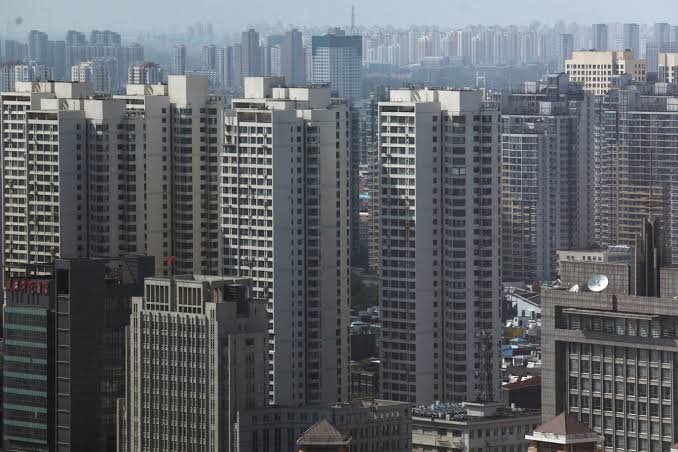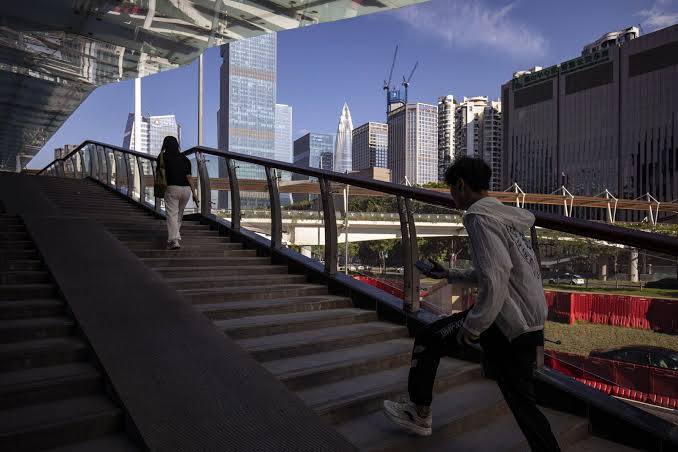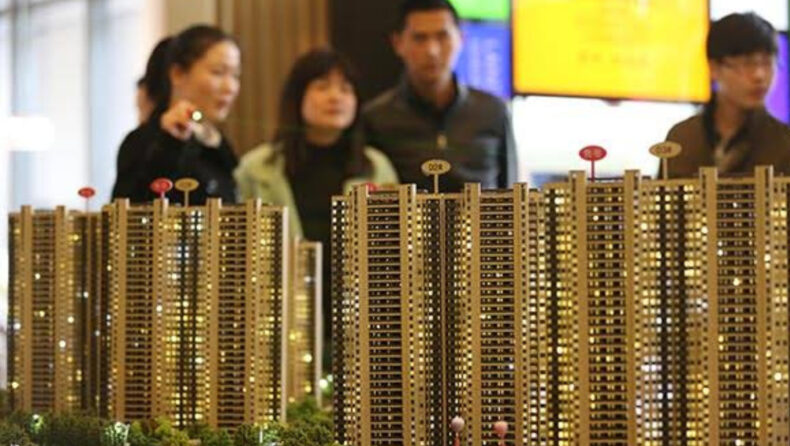In today’s real estate landscape, the revival of China’s property market takes center stage as two major cities in eastern China, Jinan and Qingdao, have recently joined the list of cities that are lifting all curbs on home purchases and sales. This move is part of broader support measures aimed at breathing life into a property market that has been largely frozen.
Table of Contents
A Shift in Housing Policies in Chinese Cities
Over the past few years, many Chinese cities had implemented strict measures to cool down their overheated property markets. These measures included higher down payment requirements, limits on property purchases, and increased scrutiny of potential buyers. However, as economic conditions change, so do government policies.
Jinan and Qingdao Lead the Way
Jinan and Qingdao, both prominent cities in China’s second-most populous province of Shandong, have decided to open up their property markets fully. This means that homes in all areas of these cities are now allowed to be put on the market, as confirmed by government statements and local media reports.
These two cities follow the footsteps of others such as Nanjing, Dalian, and Shenyang, which were among the first to eliminate curbs on home buying. This growing trend underscores the urgency to boost the sluggish property market.
The Economic Context
One of the key reasons behind the decision to lift home-buying curbs is the slowing Chinese economy. As growth rates taper off, the government is looking for ways to boost economic activity, and the real estate sector plays a vital role in this endeavor.
By making it easier for people to purchase homes, cities hope to stimulate demand in the housing market. This not only benefits potential homebuyers but also various industries associated with real estate, such as construction, materials, and financial services.

It’s worth noting that these changes are part of broader support measures for the property market, which accounts for a quarter of China’s economy. These measures include cuts in interest rates on existing mortgages.
The Real Estate Market
For the real estate market, these policy changes breathe new life into what was once a sluggish sector. Developers are likely to see increased sales, igniting a flurry of construction activities that will cater to the burgeoning demand. This heightened demand for properties could, in turn, stimulate property values, ushering in a modest but promising uptick in property prices. Additionally, this resurgence in real estate activity has a ripple effect, benefiting various industries, from construction materials to financial services, thus reinforcing the broader economic ecosystem.
Urban Development
Moreover, lifting home-buying curbs can encourage robust urban development. This policy shift is expected to spur a surge in construction projects, creating employment opportunities and contributing significantly to sustained economic growth in these cities.
Conclusion
In conclusion, the strategic decision made by Jinan and Qingdao, alongside several other cities, to lift home-buying curbs represents a concerted effort to rejuvenate the real estate market. This move not only provides exciting opportunities for prospective homebuyers but also injects vitality into the broader economy.

However, it’s vital to acknowledge that this policy shift is not without its potential challenges. There is a need for vigilant monitoring to prevent speculative buying, which could inflate property prices to unsustainable levels. Striking a balance between stimulating demand and ensuring a stable market remains a critical task for policymakers as they navigate the path towards a revitalized real estate sector.













